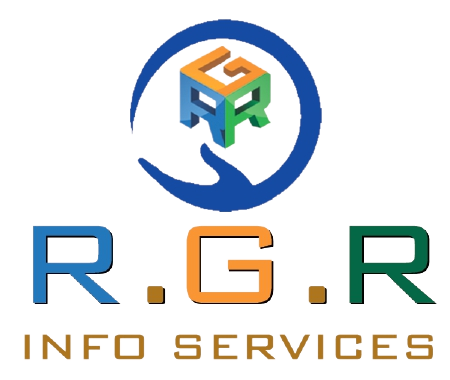Introduction
In today’s dynamic financial landscape, personal loans have emerged as versatile tools to meet a wide range of financial needs. Whether you’re planning a dream wedding, consolidating debt, or embarking on a home improvement project, personal loans can provide the necessary funds. However, like any financial decision, understanding the nuances of personal loans is crucial to making informed choices that align with your financial goals and capabilities.
Understanding Personal Loans
A personal loan is a type of unsecured loan that individuals can borrow from financial institutions such as banks, credit unions, or online lenders. Unlike secured loans that require collateral, personal loans are based primarily on the borrower’s creditworthiness and ability to repay. These loans offer fixed interest rates and a predetermined repayment period, making it easier for borrowers to plan their finances.
Types of Personal Loans
- Traditional Personal Loans: These loans are typically offered by banks and credit unions. They have fixed interest rates and repayment terms ranging from two to seven years. The interest rates are determined by the borrower’s credit score, income, and other financial factors.
- Online Personal Loans: Fintech companies and online lenders have entered the personal loan market, offering a streamlined application process and quick access to funds. These loans may have slightly higher interest rates but can be more accessible, especially for individuals with average credit scores.
- Debt Consolidation Loans: If you’re struggling with multiple high-interest debts, a debt consolidation loan can help you combine them into a single loan with a potentially lower interest rate. This simplifies your debt management and could save you money on interest payments.
- Secured Personal Loans: While most personal loans are unsecured, some lenders offer secured personal loans that require collateral, such as a savings account or a valuable asset. These loans might come with lower interest rates, but there’s a risk of losing the collateral if you can’t repay the loan.
Benefits of Personal Loans
- Fixed Interest Rates: One of the primary advantages of personal loans is their fixed interest rates. This means your monthly payments remain consistent throughout the loan term, helping you budget effectively.
- No Collateral Required: Unlike mortgages or auto loans, personal loans do not require collateral, making them accessible to a wider range of borrowers.
- Versatile Use: Personal loans offer flexibility in how you use the borrowed funds. Whether it’s a medical emergency, home renovation, or funding a special occasion, personal loans can cover various expenses.
- Predictable Repayment: The structured repayment plan of personal loans makes it easier to plan your financial commitments. You’ll know exactly when your loan will be paid off, provided you make regular payments.
Considerations Before Borrowing
- Assess Your Financial Situation: Before taking out a personal loan, evaluate your current financial standing. Calculate your monthly income, expenses, and existing debts. This assessment will help you determine how much you can afford to borrow and repay.
- Check Your Credit Score: Your credit score plays a significant role in the interest rate you’ll receive. A higher credit score often results in a lower interest rate, potentially saving you money over the life of the loan.
- Compare Lenders: Don’t settle for the first loan offer you receive. Shop around and compare interest rates, terms, and fees from different lenders to find the most favorable option.
- Read the Fine Print: Thoroughly review the loan terms and conditions before signing any agreement. Pay attention to any hidden fees, prepayment penalties, or clauses that might affect your repayment strategy.
- Loan Repayment Period: While a longer repayment period might result in lower monthly payments, it could also mean paying more in interest over the life of the loan. Choose a term that strikes a balance between manageable payments and minimizing interest costs.
Conclusion
Personal loans can be valuable financial tools when used wisely. They offer the flexibility to meet a variety of needs and can provide a structured path to achieving your goals. However, responsible borrowing is essential to avoid falling into a cycle of debt. Before taking out a personal loan, conduct thorough research, understand your financial capacity, and choose a loan that aligns with your objectives. By doing so, you can leverage the benefits of personal loans while maintaining control of your financial well-being.
